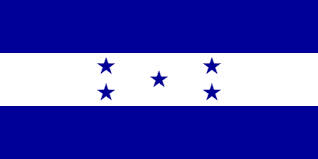Honduras: Proposal for impunity commission fails
While protesters in Guatemala City celebrated the resignation of their country’s president and vice president, their compadres in Honduras have been less successful in their efforts to bring reform and justice.
While protesters in Guatemala City celebrated the resignation of their country’s president and vice president, their compadres in Honduras have been less successful in their efforts to bring reform and justice. The following piece was written by Sustainable Pathways to Peace and Security intern Nicholas Alexandrou and was published in the September-October 2015 NewsNotes.
During a recent National Assembly vote, the idea of providing a plebiscite on the creation of a Honduran version of the International Commission Against Impunity fell on deaf ears, despite assurances by President Juan Orlando Hernandez to negotiate with the representatives of the movimiento indignado. The proposal was defeated 66-58, with all members of the president’s National Party and dissenting members of the Liberal Party voting against it.
Presidential and legislative elections for Honduras are not scheduled until 2017, providing the current president plenty of time to prevent the potential collapse of his own administration. Those in support of the plebiscite came from a coalition of deposed former president Manuel Zelaya’s Liberal Party (Partido Libre) and the center-right Anti-Corruption Party (Partido Anti-Corrupcion). Whether opportunistic or altruistic, the Honduran opposition’s platform against corruption demonstrates an ongoing desire to adopt the message of the movimiento indignado.
Overall, the challenges for civil society in both countries will remain great in the coming years. Long-term and consistent advocacy by an empowered citizenry can provide a check to institutional corruption.

